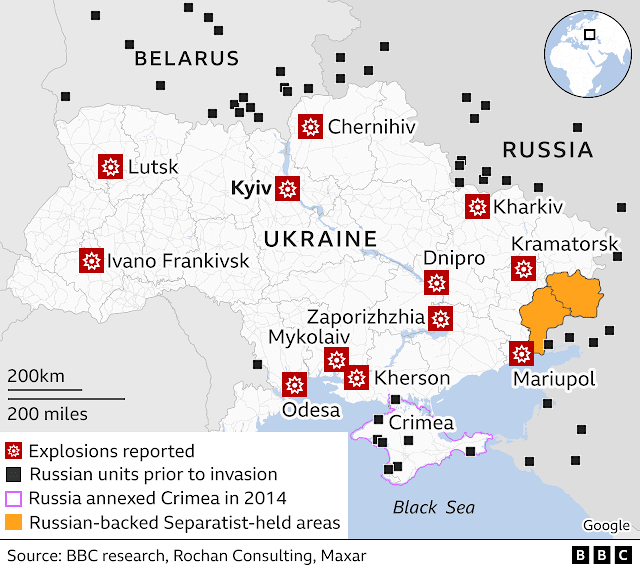TOPIC: The Impossibility of a Nuclear Agreement with Iran
For the first time in a while, Israel, has a new prime minister. However, the new PM, Naftali Bennet, differs little from the previous incumbent, Benjamin Netanyahu on the most important of Israeli foreign policy concerns. Namely, the issue of Iran and her nuclear programme. This week talks have attempted to reform the collapsed nuclear deal, but talks may be dead before they even begin.
Israel Urges End of Talks
Bennet was clear in his most recent conversation with US secretary of state, Anthony Blinken on Thursday. He urged world powers to abandon nuclear talks with Iran, after it started using machines to enrich uranium at an underground plant. He referenced a new report by the International Atomic Energy Agency (IAEA) that stated Iran has begun enriching uranium at up to 20% purity, with 166 advanced 'IR-6' centrifuges. He referred to this advancement by the Iranians as a form of 'nuclear blackmail' and as a result Bennet demanded the cessation of negotiations by world powers.
Under the previous nuclear deal, Iran agreed not to enrich uranium beyond the requisite 3.67% purity needed for reactor fuel. It also agree to install only the oldest and least efficient centrifuges at the Natanz enrichment facility, whilst ceasing enrichment altogether at the Fordo plant. It is now the Fordo plant that is reported to be home to the new 20% enrichment efforts. Iran meanwhile, along with several European powers, has urged a return to the negotiating table, in an attempt to bring back the Joint Comprehensive Plan of Action (JCPOA) agreed in 2015. This deal has largely fell apart, due to the withdrawal of the United States from the agreement under President Donald Trump and the re-imposition of American sanctions on Tehran. In order to come back to the negotiating table, Iran has demanded the immediate lifting of all American sanctions and a guarantee that any future administrations would not abandon the deal again.
The American Stance
But for the United States, both of these demands are non-starters. Firstly, there is no chance of all American sanctions being lifted against Iran. Largely, because a great proportion of the sanctions are not levied on Iran for its nuclear programme. Some are for human rights issues, whilst others are due to Iranian state-sponsorship of terrorism throughout the Middle East. Secondly, it would be impossible for the US to guarantee that a future 'Donald Trump', would not renegade on the deal. The only way for this to be possible theoretically, would be for the agreement to be turned into a treaty, which would in turn require approval of two-thirds of the senate. This majority does simply not exist. This places the world in a difficult position. Talks can begin and all the good intentions in the world can be delivered, but the practical imposition of an agreement remains as impossible as when Donald Trump headed the Whitehouse.
For Naftali Bennet, this is a double edged sword. It ensures the backing of the US, but pushes Israel ever closer to being forced to consider military action against the Iranian regime. The extent of this military action, as well as the implications geopolitically, could have apocalyptic ramifications for the Middle East and the world as a whole. Whether or not Israel and Iran will come to blows, is yet to be seen.



Comments
Post a Comment